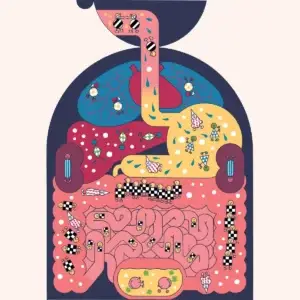Kickstart your Mindfulness Practice
Our Naturopath – Meagan Grossman has put together a 3 part series to kickstart your mindfulness practice and this is the first instalment in the series.
Have you heard of journaling before? Perhaps it’s something you did when you were younger and grew out of. Maybe you’ve heard of it before but don’t know where to start. Or maybe this is the first you’ve heard of it. Either way, if you are looking at improving your feelings of stress and increasing mindfulness in your life, it is the perfect place to start.
This is a three-part journey into the introduction of journaling techniques which aims to improve feelings of self-compassion, mindfulness, stress and even improve sleep quality and onset time.
In the next blogpost, we are going to dive into self-reflection activities but before we get into that, we first have to understand ourselves and what better way to start than with understanding our core values!
Values
To understand yourself, you first need to understand your values for right now. Emphasis on right now is important as our values can change daily, as we get older, and as circumstances change.
What are values?
Values are things in life that resonate with you. They summarise what makes up the person that you want to be. As we get caught up in life and stress, we sometimes lose sight of the person we are working towards embodying and can end up acting out of emotion and impulse more than we would like. When we have a clear summary of our values, we can actively make choices that align with them which puts us back on track to hitting our goals.
Your activities:
- Write down a list of up to 10 values that apply to you. See the image below for a list of examples.
- Once you’ve got your 10, list them in order of importance.
Keep them handy in a notebook or in your phone. We will be building on this in the next blogpost.



